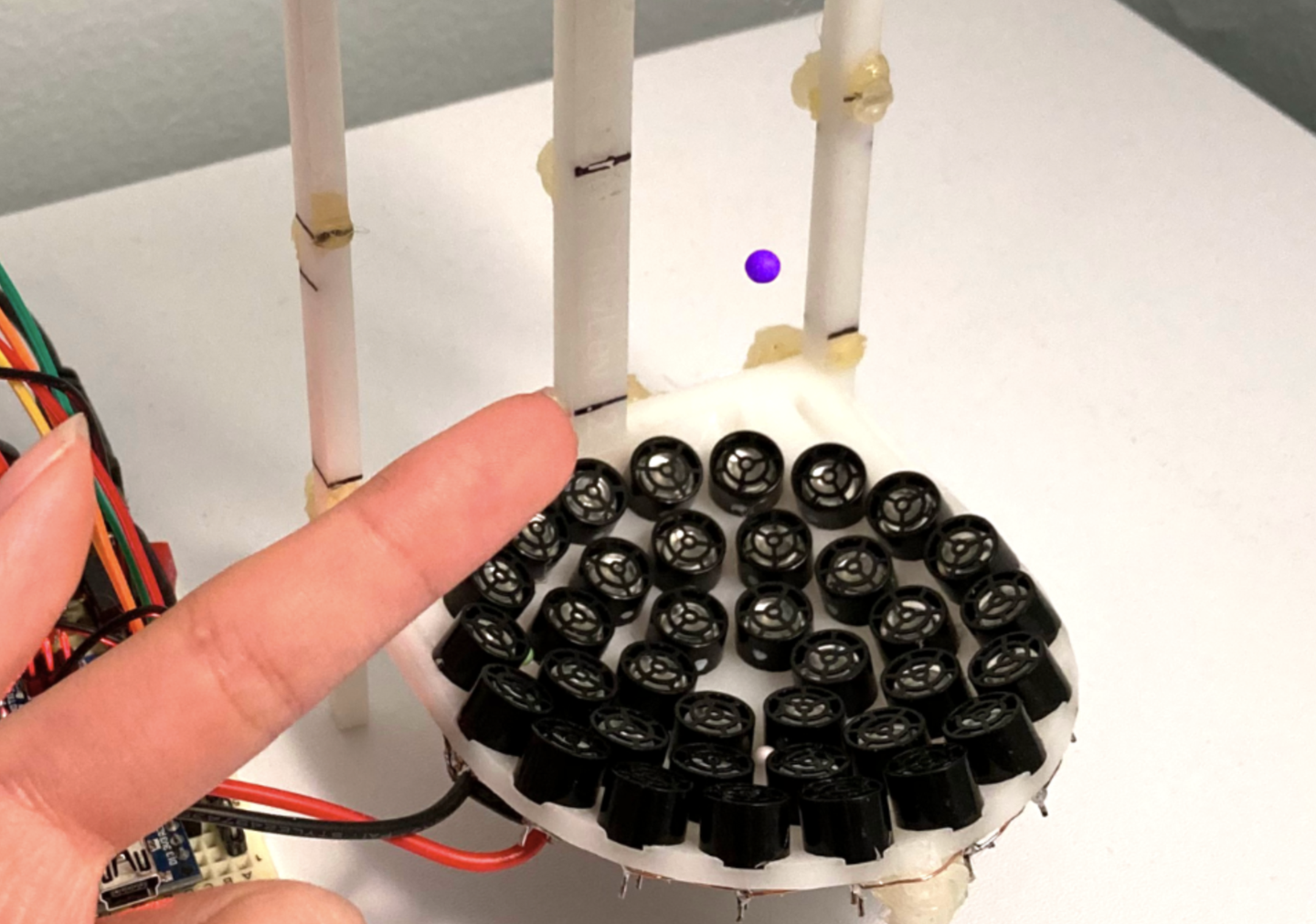Two FDA-approved drugs combine to dramatically reduce lung cancer tumors
Cancer treatments have been evolving towards personalization, tailored to specific genetic and molecular patterns of individual tumors.

[Mar. 19, 2023: JD Shavit, The Brighter Side of News]
For non-small cell lung cancer cases with the LKB1 mutation, standard chemotherapy and immunotherapy treatments are not effective.(CREDIT: Creative Commons)
Cancer treatments have been evolving towards personalization, tailored to specific genetic and molecular patterns of individual tumors, for quite some time. Many of these targeted therapies are highly effective, but unfortunately not available for all cancers, including non-small cell lung cancers (NSCLCs) with an LKB1 genetic mutation. However, a new study, published in Science Advances, has revealed that a combination of FDA-approved trametinib and entinostat, currently in clinical trials, can be given together to produce fewer and smaller tumors in mice with LKB1-mutated NSCLC.
The senior and co-corresponding author of the study, Reuben Shaw, a Professor at the Salk Institute and Director of Salk's Cancer Center, said, “For non-small cell lung cancer cases with the LKB1 mutation, standard chemotherapy and immunotherapy treatments are not effective. Our findings demonstrate there is a way to target these cases using drugs that are FDA-approved or already in clinical trials, so this work could easily be used for a clinical trial in humans."
According to the American Cancer Society, lung cancer is the leading cause of cancer death in both men and women. Non-small cell lung cancer (NSCLC) is the most common type of lung cancer, accounting for 80% to 85% of all cases. Lung cancer is classified into subtypes based on the genetic mutations found in the tumor. The LKB1 genetic mutation is present in around 20% of all NSCLCs, but there is currently no effective targeted therapy for patients with this cancer type.
The researchers looked at histone deacetylases (HDACs) to create a therapy that could target the LKB1 mutation. HDACs are proteins that are linked to tumor growth and cancer metastasis, and they are typically overexpressed in solid tumors. Several HDAC-inhibitor drugs are FDA-approved for specific forms of lymphoma, but their efficacy in solid tumors or whether tumors bearing specific genetic alterations may exhibit heightened therapeutic potential is unclear.
Related Stories:
The team conducted a genetic analysis of HDAC3 in mouse models of NSCLC, discovering an unexpectedly critical role for HDAC3 in multiple models. After establishing that HDAC3 was critical for the growth of the difficult-to-treat LKB1-mutant tumors, the researchers next examined whether pharmacologically blocking HDAC3 could give a similarly potent effect.
The team tested two drugs, entinostat (an HDAC inhibitor in clinical trials known to target HDAC1 and HDAC3) and FDA-approved trametinib (an inhibitor for a different class of enzymes related to cancer). Tumors often become quickly resistant to trametinib, but co-treatment with a drug that inhibits a protein downstream of HDAC3 helps reduce this resistance. Because that protein relies on HDAC3, the researchers believed that a drug that targets HDAC3—like entinostat—would help manage trametinib resistance, too.
After treating mice with LKB1-mutated lung cancer with variable treatment regimens for 42 days, the team found that mice given both entinostat and trametinib had 79 percent less tumor volume and 63 percent fewer tumors in their lungs than the untreated mice. Additionally, the team confirmed that entinostat was a viable treatment option in cases where a tumor was resistant to trametinib.
HDAC3 genome occupancy in primary tumors. A total of 1522 HDAC3 ChIP-seq peaks common to KL and KP primary tumors. Example of HDAC3 ChIP-seq peaks at genomic regions bound by HDAC3 in both KL and KP primary tumors. (CREDIT: Science Advances)
The team's discovery could not have come at a better time, as non-small cell lung cancer remains the leading cause of cancer deaths worldwide, accounting for 85% of all lung cancer diagnoses, according to the World Health Organization. The current standard of care for LKB1-mutant NSCLC is chemotherapy, which can have severe side effects and often does not produce significant results. Immunotherapy, which harnesses the power of the immune system to attack cancer cells, is also ineffective against this particular mutation.
However, the team's discovery of the potential of combining trametinib and entinostat may offer hope to patients with this type of cancer. The two drugs work synergistically to inhibit tumor growth and reduce tumor volume, offering a potential new avenue for treatment.
Trametinib plus entinostat combination treatment elicits therapeutic efficacy in KL NSCLC GEMM in vivo. Average longitudinal BLI data. Representative H&E-stained sections at experimental end point. Scale bar, 1000 μm. (CREDIT: Science Advances)
While the study was conducted in mice, the researchers are hopeful that their findings will translate to humans. They believe that a clinical trial is the next step in testing the efficacy of the combination therapy in human patients with LKB1-mutant NSCLC.
The study's co-corresponding author, Lillian Eichner, is optimistic about the future of this research. "My independent laboratory is fortunate to be part of the Lurie Cancer Center at the Feinberg School of Medicine at Northwestern University, which is very supportive of translational research," she says. "We hope that this environment will facilitate the initiation of a clinical trial based on these findings."
The potential for this discovery to extend beyond non-small cell lung cancer is also significant. The researchers believe that the combination therapy could be effective against other types of cancer that have not responded to standard treatments.
From left: Reuben Shaw and Lillian Eichner. (CREDIT: Salk Institute)
Reuben Shaw, the senior and co-corresponding author of the study and director of Salk's Cancer Center, sees the potential for the discovery to transform cancer treatment. "Our lab has committed years to this project, taking small and meaningful steps toward these findings," he says. "This is truly a success story for how basic discovery science can lead to therapeutic solutions in the not-so-distant future."
The discovery of the potential of trametinib and entinostat to treat LKB1-mutant non-small cell lung cancer is a significant step forward in personalized cancer treatment. By identifying specific genetic and molecular patterns in tumors and developing targeted therapies, researchers are offering hope to patients who have not responded to traditional treatments. The potential for this combination therapy to extend to other types of cancer is also significant, offering hope to millions of cancer patients worldwide. As clinical trials move forward, the potential impact of this discovery on cancer treatment cannot be overstated.
Note: Materials provided above by The Brighter Side of News. Content may be edited for style and length.
Like these kind of feel good stories? Get the Brighter Side of News' newsletter.



